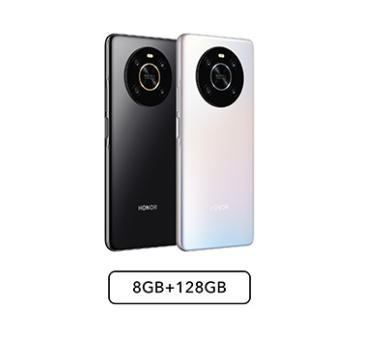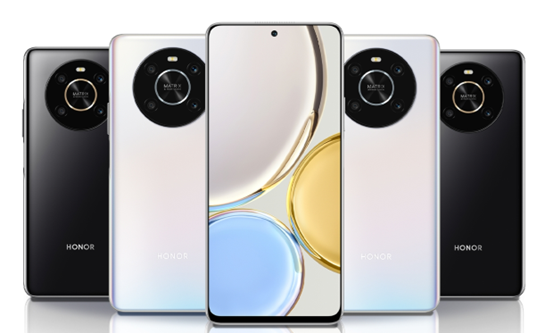Students rely on smartphones for a
multitude of purposes, from staying connected with friends and family to
managing their academic responsibilities and accessing educational resources.
With the right smartphone, students can streamline their daily tasks, enhance
their learning experiences, and even find some relaxation during their
downtime. Given the pivotal role that smartphones play in a student’s life, selecting the right one is
crucial.
Choosing a
Smartphone: 5 Key Points Students Should Consider
Understanding how to choose a suitable
smartphone is important for students to make an informed decision. A
well-chosen device can significantly enhance productivity, offer entertainment,
and ensure seamless communication. The HONOR X9 is an
excellent example of a smartphone that meets these needs, offering a balanced
mix of features and affordability. Here are five key considerations students
should keep in mind when purchasing a smartphone.

1. Battery Life
One of the most critical aspects for
students to consider is battery life. A smartphone with a long-lasting battery
ensures that students can go through their day without the constant need to
recharge. This is particularly important for those who have long school hours,
extracurricular activities, or study sessions at the library. Look for
smartphones with a battery capacity of at least 4000mAh, which typically
supports a full day of moderate to heavy usage. The HONOR X9, for instance,
offers excellent 4800mAh battery performance, making it a reliable choice for
students.
2. Performance
and Speed
Students need a smartphone that can handle
multitasking with ease. Whether it’s running educational apps, browsing the internet for research, or
streaming online lectures, a device with a strong processor and ample RAM is
essential. Aim for smartphones with at least 4GB of RAM and a mid-range
processor, such as the Qualcomm Snapdragon 600 series or equivalent. This
ensures smooth performance and the ability to switch between apps without lag,
enhancing productivity and reducing frustration.
3. Storage
Capacity
Adequate storage is crucial for students
who need to store numerous apps, documents, photos, and videos. A smartphone
with at least 64GB of internal storage is recommended. This allows students to
keep their important files and media on their device without constantly
worrying about running out of space. Additionally, consider smartphones that
offer expandable storage via microSD cards, providing extra flexibility to
store more data as needed.

4. Display
Quality
A high-quality display is important for
students who spend a lot of time reading, studying, or watching educational
videos on their smartphones. A display with Full HD resolution (1080p) or
higher provides clear and sharp visuals, reducing eye strain during prolonged
use. Look for smartphones with IPS or OLED screens, as these technologies offer
better color accuracy and viewing angles.
5. Durability
and Build Quality
Students often lead active lifestyles, and
their smartphones need to withstand daily wear and tear. A durable smartphone
with a robust build quality is essential. Look for devices with Gorilla Glass
or other reinforced glass technologies to protect the screen from scratches and
cracks. Additionally, consider water and dust resistance ratings (such as IP67
or IP68), which can add an extra layer of protection against accidental spills
and exposure to the elements.
Conclusion
When choosing a smartphone, students should
carefully consider factors such as battery life, performance, storage capacity,
display quality, and durability. These features not only enhance the usability
of the device but also support the various academic and personal needs of
students. The HONOR X9 stands out as a particularly suitable option, offering a
balanced mix of these essential features at an affordable price. By paying
attention to these key points, students can select a smartphone that will effectively
support their educational journey and daily life, ensuring they remain
connected, productive, and entertained.
